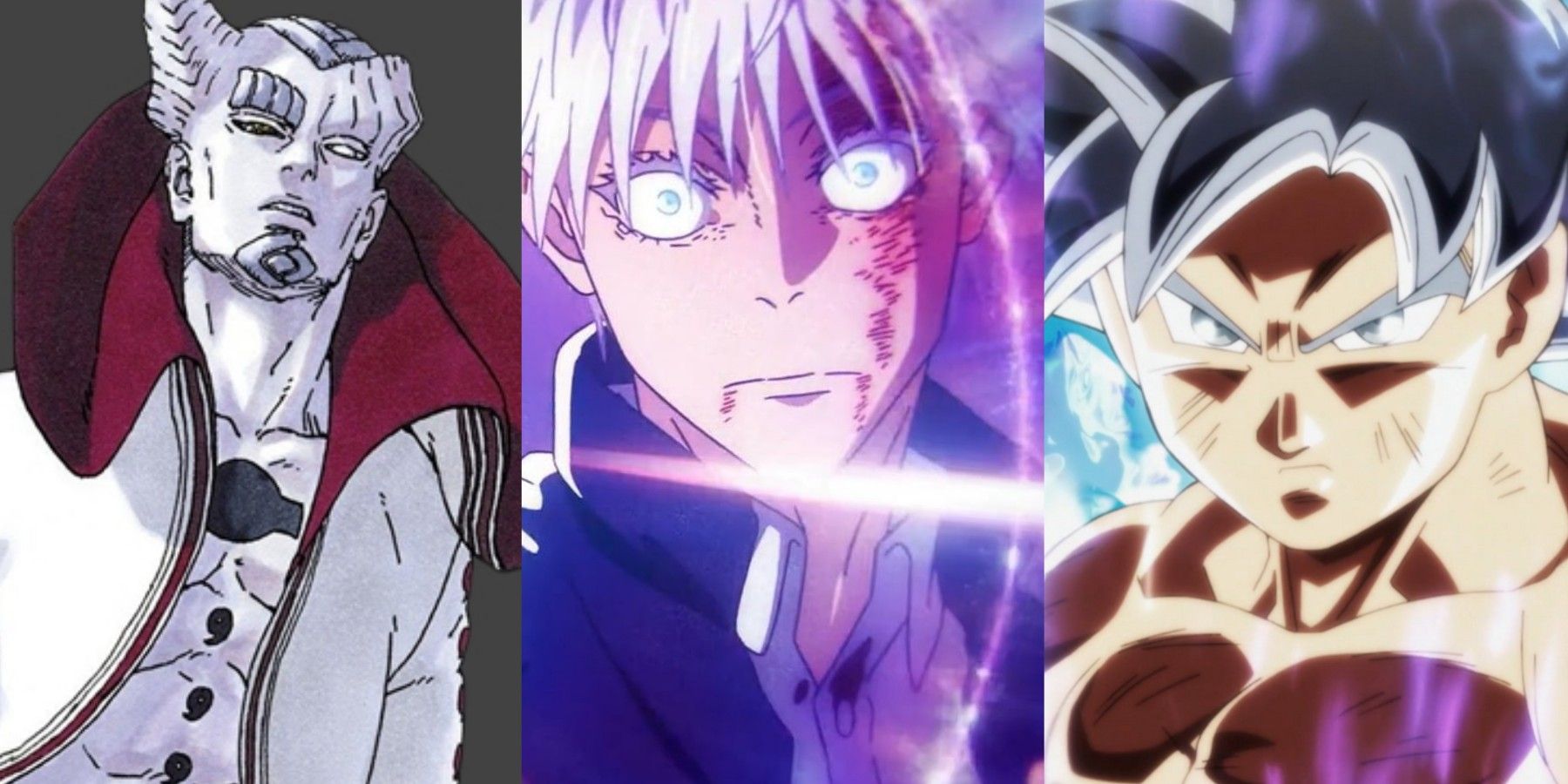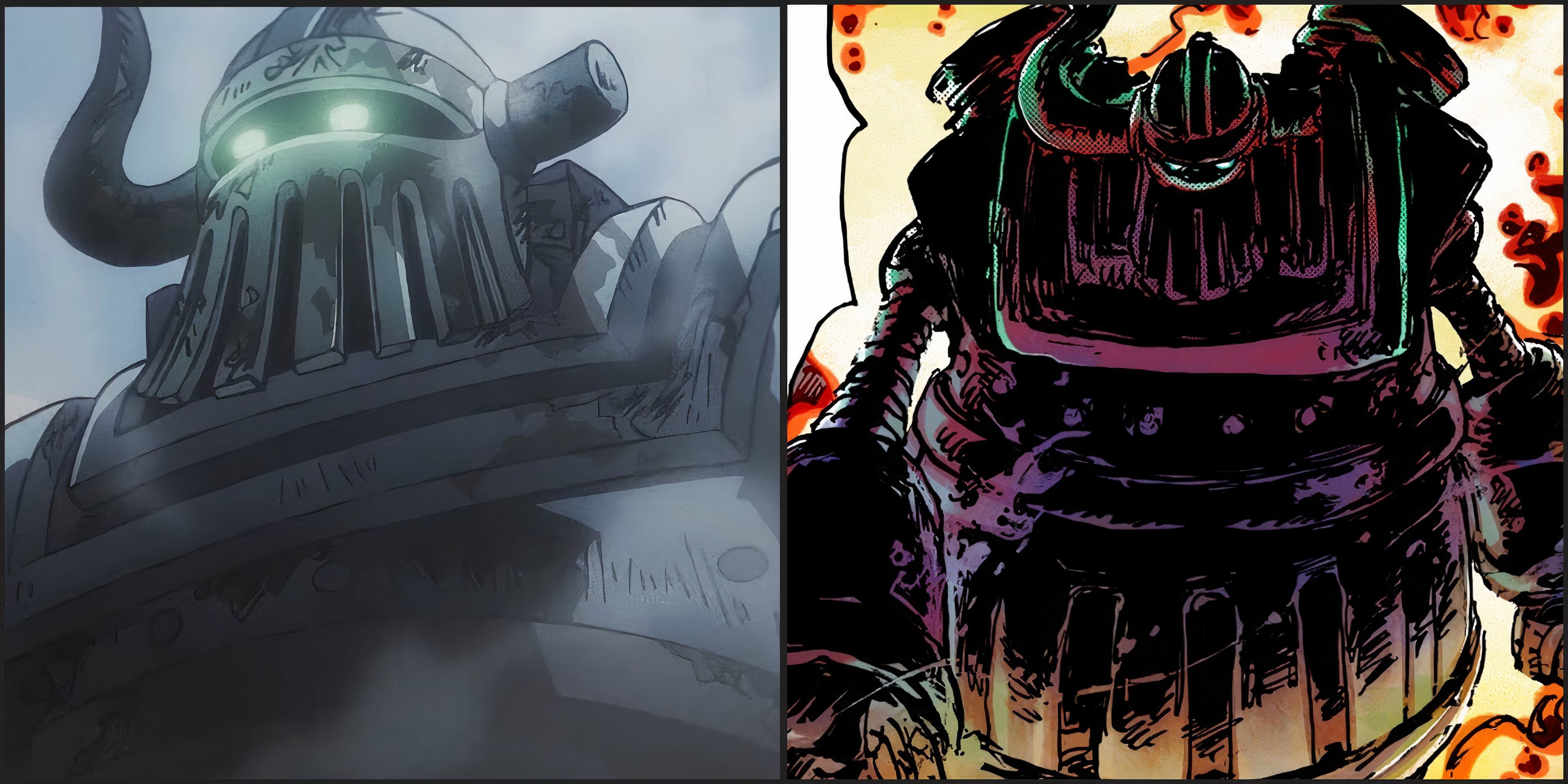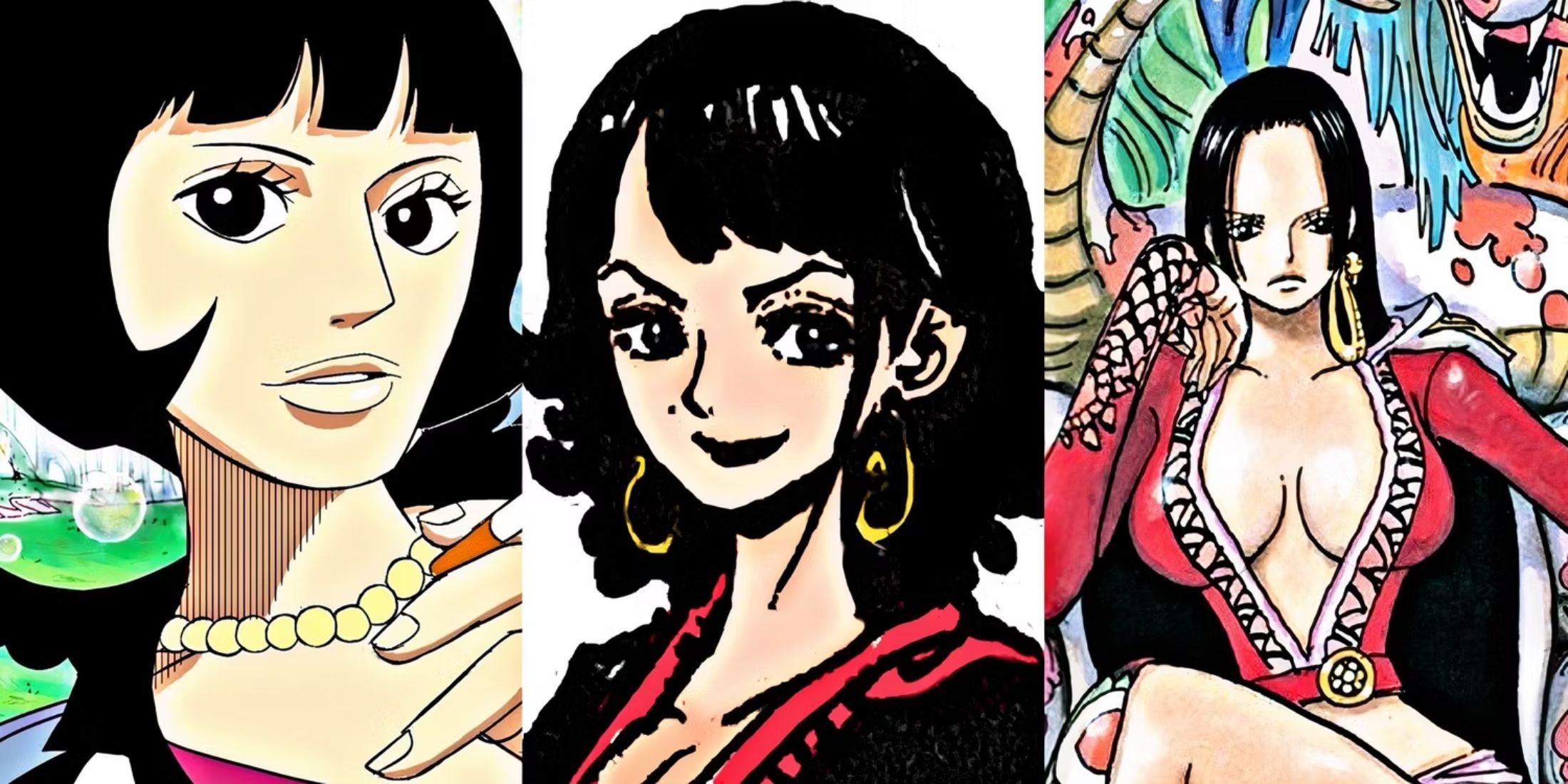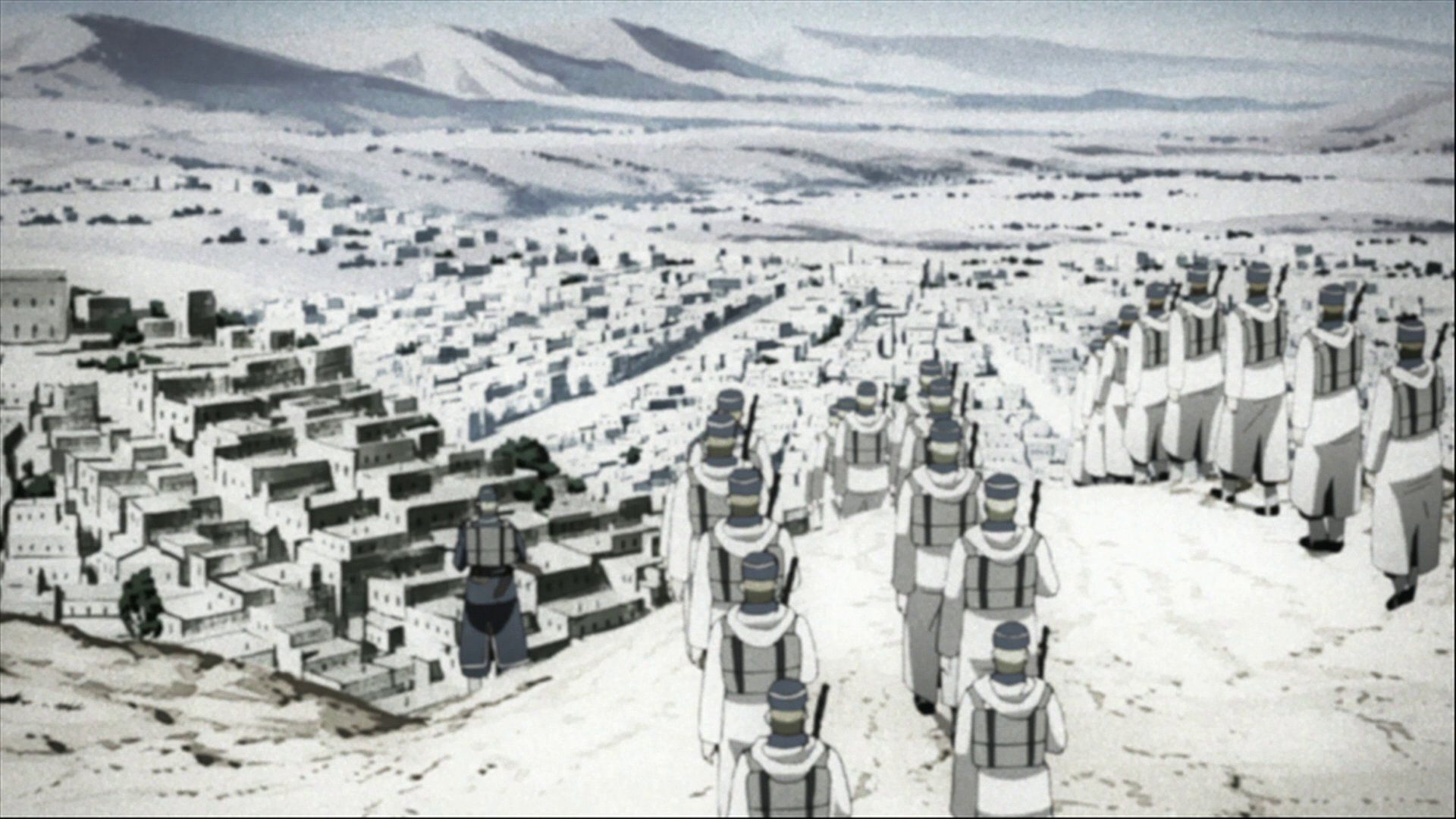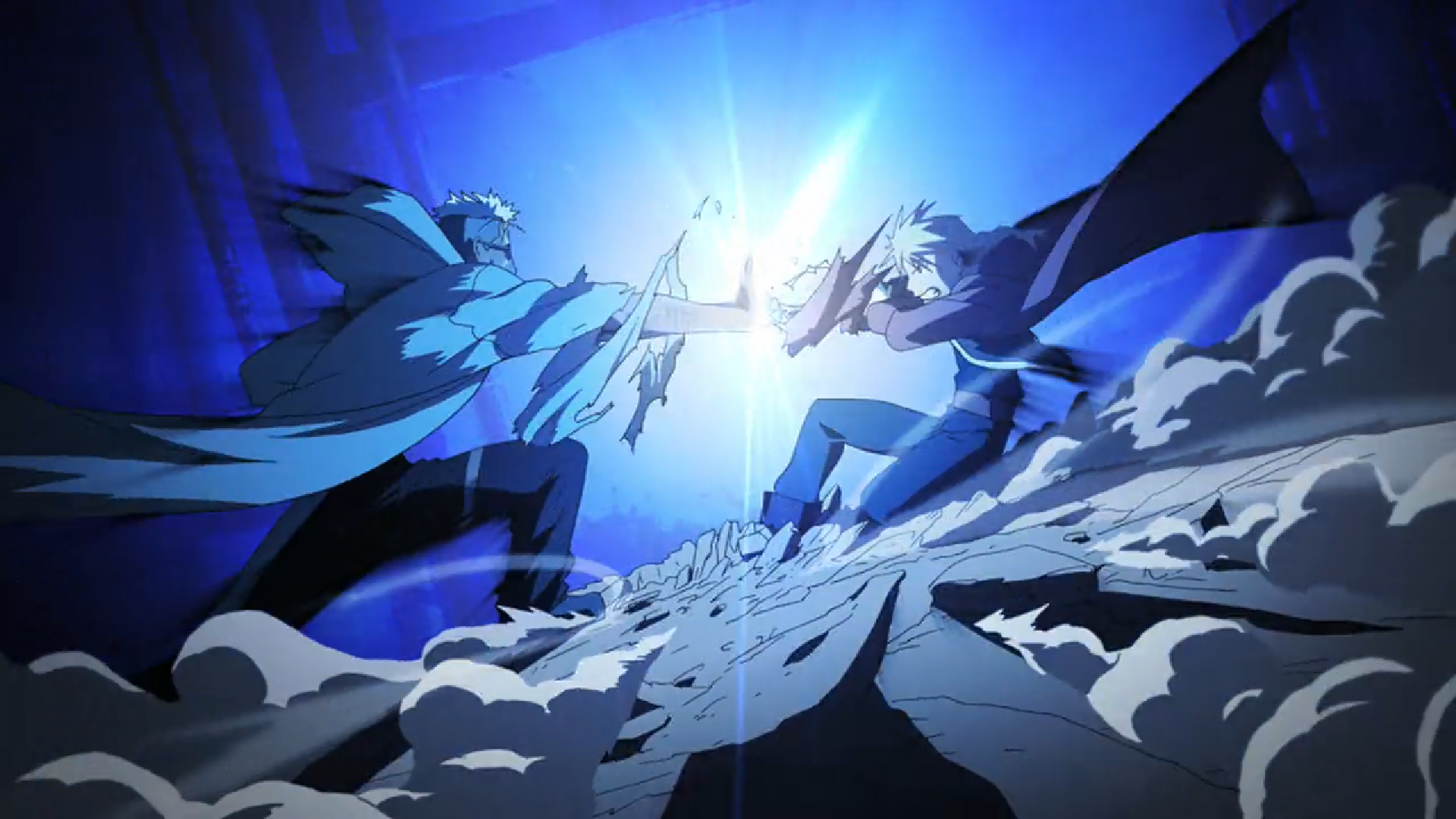The Fullmetal Alchemist franchise comprises several impactful themes and undertones, yet its most notable one is its take on imperialism and racism. While most anime series try to steer clear from controversial themes, Fullmetal Alchemist takes them on earnestly, as most of its worldbuilding is centered around these concepts. As the series’ worldbuilding features several nations and countries, wars and annexations are bound to occur, yet the Ishvalan Civil War further exacerbates the already prominent sentiment of hostility, revealing the dark side of the show.
The series primarily follows the story of Edward and Elric Alphonse and their journey of reversing the damage done to their bodies through Alchemy. While the main theme of the series doesn’t have much to do with these dark themes, the series eventually becomes engrossed within the militaristic tendencies of the Amestrian government, further revealing the atrocities of the imperialistic nation. However, the Ishvalan Civil War is where the true nature of Amestris becomes visible, one that is entrenched in its power-hungry goal of expansion, even going as far as committing genocide of a minority race. Delving deeper into these horrific events reveals how Amestris’ racist and imperialist tendencies unfold, and how the series presents these events with its social commentary.
The Ishvalan Civil War
The primary focus here is on the anime’s direct reference to imperialism, along with its racist undertones, leading to the Ishval Civil War being the epicenter of these themes. The civil war or the Ishvalan War of Extermination is one of the series’ most significant events, as it served as a base for many major occurrences that took place later on. Being a militaristic nation, Amestris continued its expansion on all sides, and the Ishvalan people were one of many who were forcefully annexed into the nation’s borders.
Due to the difference in beliefs and culture between the two sides, clashes and in-fighting became a common occurrence, which is also why the Ishvalans were forcefully cornered in the nation’s southeastern parts. While relative peace had been achieved between Amestris and Ishval, feelings of hostility were never truly diminished, which became apparent when an Amestrian soldier accidentally shot an Ishvalan child. It was revealed in the anime that Envy was the one disguised as a soldier who shot the child, yet the seeds of chaos had already been sowed. This act of aggression gave rise to violent protests throughout Ishval, to which Amestris reacted by initiating a campaign to permanently quell the Ishvalans – an event now known as the Ishvalan Civil War.
Depiction of Imperialism and Racism
War and imperialism are the prime foundation of Amestris’ expansionist policies, which is made even more apparent through the treatment of Ishvalans. However, the series makes sure to depict the other side quite earnestly, the side that has been trampled by imperialism. While most thought that Ishval had been completely wiped out, some remnants of this relentless nation survived, spreading throughout Amestris in the form of war refugees, and occupying slums and ghettos in the outskirts of major cities.
The scenes depicted in the series are quite reminiscent of real-world events, where imperialism used to be rampant until the 1900s, even trickling into the twenty-first century. As history is written by the victors, most tend to forget the horror faced by the opposing side, especially after they’re left to fend for themselves. The events in the series are peculiarly similar to the scenes in Iraq and Afghanistan, two nations that were plundered and ravaged in the notion of global security. The fictional nation of Ishval and these two countries bear many resemblances, such as differing religions, being desert nations, and most importantly – having a darker skin tone. The results are also quite similar, as both events ended in the nations being entirely destroyed, and the remaining populations left displaced and stateless.
Effects of Imperialism
The series does an impressive job at depicting the results of imperialism and what it does to a nation. The character ‘Scar’ represents the true effects of imperialism, as he vows to take revenge on those that trampled on his family and his homeland. In pursuit of revenge, Scar turns into a terrorist and targets State Alchemists, while killing innocent people in the process.
Although his means of vengeance are questionable, his actions are a direct result of imperialism. This character’s real-life counterparts can be seen in the form of terrorist organizations that were birthed from the razed grounds of these nations. While their ideologies and actions were utterly despicable and unjustifiable, there is no denying that their existence is solely the result of war and imperialism.
Fullmetal Alchemist further presents the effects of racism and imperialism in the form of the resulting slums and ghettos filled with Ishvalans that sprouted all over Amestris. With no access to any sort of essential facilities, Ishvalans were forced to live in poverty and misery. Their plight is the primary result of militarism, as governments and nations are bound to rise and fall, yet the people are the ones left to suffer, further giving way to vengeance and retribution.

